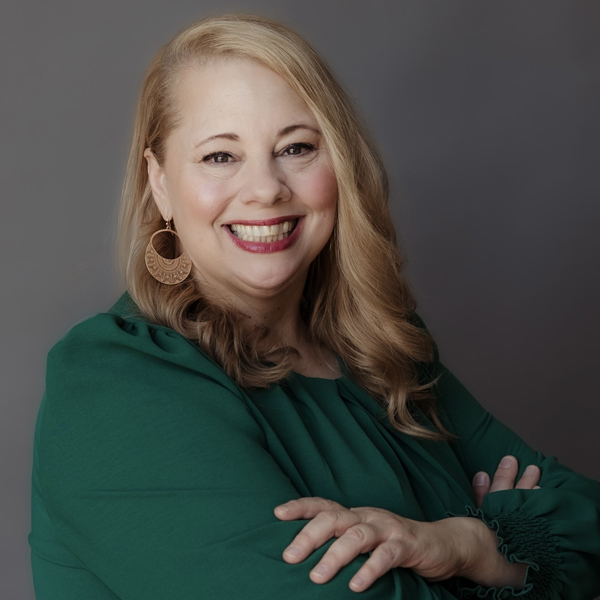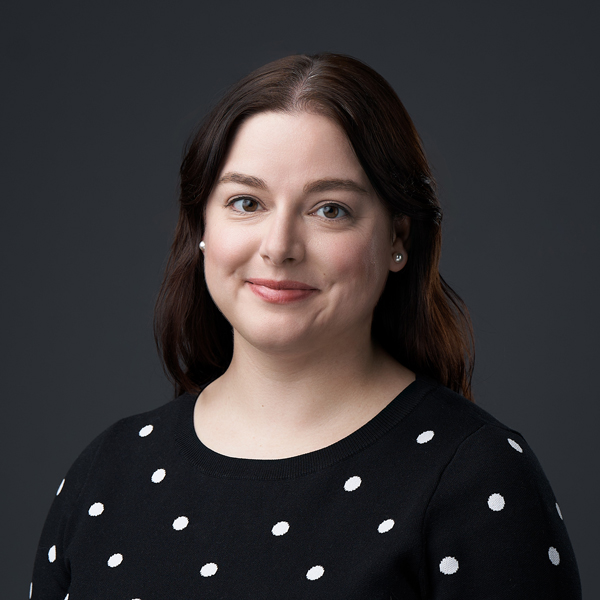Inspire the creative writer in you and enroll in our writing workshops today!
Enjoy these noncredit creative writing classes in multiple topics. Workshops are open to adults of any age or education level and take place in hybrid or online formats.
Check back soon for more upcoming workshops! If you have any questions, please contact Dawn Leas at dawn.leas@wilkes.edu email link.
“What Did You Say?” – The Art of Creating Page-Jumping Dialogue
- Taught by Lori Coughlin
- Tuition: Free
- Genre: Playwriting/Screenwriting
- Delivery Method: Virtual
- Wednesdays, 6:30 - 8:30 p.m.
- Six sessions: March 4, 11, 18 & 25 and April 1, 8, 2026
Register Now for “What Did You Say?” – The Art of Creating Page-Jumping Dialogue external website
About the Class
About the Class
From lines like “There’s no place like home” to “I’ll be back” dialogue has a way of staying with you long after the play or movie is over. In this six-week course, we’ll examine the techniques used by some of the industry’s top writers and “boldly go where no one has gone before,” putting those techniques into practice. If you’ve ever struggled with dialogue or just looking to get your feet wet in playwriting or screenwriting, this class is for you!
About the Instructor
About the Instructor

Lori Coughlin is a Texas-based writer and the Executive Director of Parker County Theatre Company, a nonprofit mobile community theatre. She holds a BA in Theatre Arts from Texas Wesleyan University and MA in Screenwriting from The Maslow Family Graduate Program in Creative Writing from Wilkes University.
An avid playwright, Lori has had a handful of her work produced in the Dallas/Fort Worth Metroplex, including Dime Store Dinos, Psychic Sidekick (Theatre Off the Square New Works Winner, 2022), Home on the Range: Tales and Tunes of the Old West, as well as adaptations of Edgar Allen Poe's The Tell-Tale Heart, Lewis Carroll's Alice’s Adventures in Wonderland and Edgar Lee Masters' Spoon River Anthology.
Her love of writing and the arts has led Lori to share her years of experience with students at Wild Wonder Collective, where she currently serves as a Theatre, Choir, Journalism, and Reading Teacher.
The Shape of Story: A Creative Nonfiction Workshop
- Taught by Mandy Pennington
- Tuition: $120
- Genre: Creative Nonfiction
- Delivery Method: Virtual
- Sundays, 1:00 - 3:00 p.m.
- Six sessions: March 8, 15, 22, 29, April 12, 19, 2026
Register Now for The Shape of Story: A Creative Nonfiction Workshop external website
About the Class
About the Class
Your life is full of stories worth telling—but how do you shape lived experience into compelling narrative? This six-week creative nonfiction workshop guides you through fundamental storytelling structures and narrative techniques that transform personal experience, observation, and research into powerful prose.
We’ll explore a variety of story forms and craft tools -- including lyrical experimentation, literary journalism, and personal essay -- that can help you find your voice, explore your memories from a new point of view, and effectively tell true stories that resonate.
About the Instructor
About the Instructor

Mandy Pennington is the Senior Director of Digital Strategy and Strategic Initiatives at Wilkes University and teaches courses in communications at both Wilkes and Marywood University. Her coming-of-age memoir, Gateways, is forthcoming from Vine Leaves Press.
Mandy is also an award-winning actor and playwright with performance credits in the U.S. and Ireland. Her solo play adapted from her memoir, Girl Walks Into a Movie Theater, has been produced in Pennsylvania and New York. Her first play, My Condolences, premiered at the 2018 Scranton Fringe Festival, where she currently serves as a board member and active performer.
Her writing can be found in Currents in the Electric City: A Scranton Anthology (Belt Publishing), 2022 American Writer’s Review (San Fedele Press), and Hippocampus Magazine. Mandy holds a MA and MFA from the Maslow Family Graduate Program in Creative Writing. Learn more: @mandybpenn or mandybpenn.com.